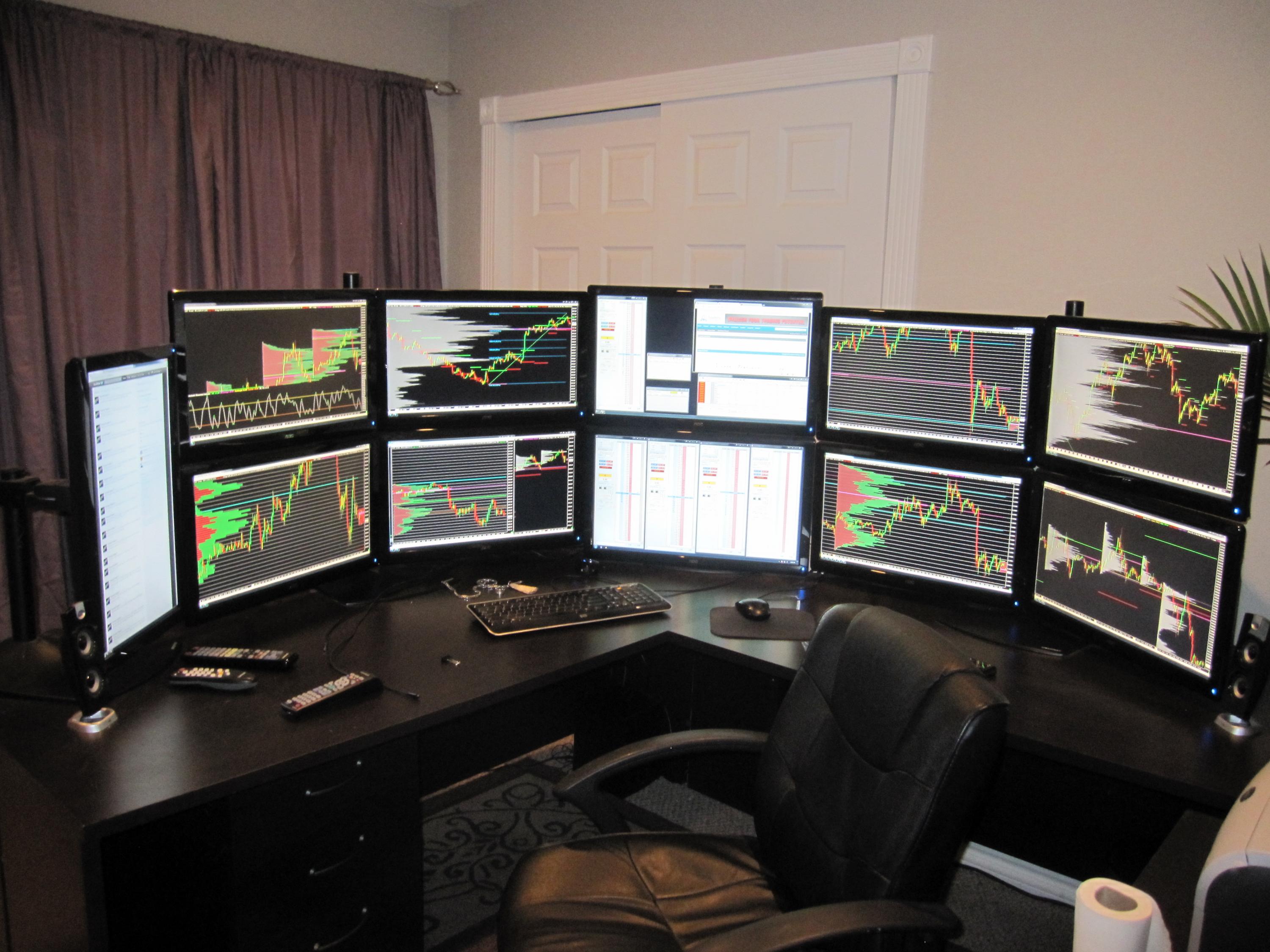Why Crypto’s Brutal Day May Be Good News for Crypto
Wall Street giant Goldman Sachs was working on plans for a cryptocurrency trading desk. While some have eyes on the possibility that crypto and blockchain technology will eventually render banks like Goldman obsolete, the desk would have given the upstart asset class new respectability in the financial world of today. Yesterday, in a press release put out by Reuters at 8:33 AM (EST), Goldman announced it was scrapping those plans for now.
At the time of this writing, about 24 hours after the announcement, Bitcoin was trading about 13 percent down from its price right before the Goldman press release of $7,388 to just about $6,400. That’s one of the largest 24-hour drops this year. Ethereum was down a whopping 22 percent, and others were not far behind.
We may hear the usual doomsday prepping and other shouting on blogs and social media, but here’s what happened: A trading desk that would have offered, in the eyes of many, legitimacy and perhaps stability to cryptocurrencies won’t be created anytime soon. And their exchange rates against the dollar fell. That isn’t a ponzi scheme, a conspiratorial black box, or animal spirits run amok. That, my friends, in all its messy and occasionally terrifying glory, is a market.
Why the Obvious Matters
We did an analysis early this year of Bitcoin’s biggest single-day price swings, and found that virtually all of those swings could be explained by a major concurrent news event. Sound obvious? It should, but take a look at our motivation for the earlier study:
If Bitcoin trades in an efficient market with enough buyers and sellers, theory holds, its price should reflect all publicly available information about it, and changes in price should reflect new information. However, Bitcoin might not yet meet this standard.
People are quick to cast cryptocurrency markets as shady black boxes full of manipulation, bubbles that have nothing to do with facts, and the ability of small numbers of investors to move markets. What we found early this year is exactly what’s happened in the last day: it’s new information that moves the prices of cryptocurrencies.
But When and by How Much?
To be sure, the reaction of Bitcoin’s price to news of this type doesn’t yet look like that of a stock in a large corporation trading on the New York Stock Exchange. Intraday data show that the lion’s share of the drop came in two bursts.
The first burst came in the early hours of September 5, a few hours before I could find any solid news of Goldman’s decision. Perhaps word did leak out — it certainly can do that on Wall Street — or perhaps something unrelated happened.
The second burst came late afternoon. It was larger and also more consistent with the possibility that traders absorbed a big piece of news or traders on the other side of the world came into the fray.
And then there’s the hallmark volatility of both Bitcoin and its fellow cryptocurrencies. As we’ve shown in other studies, the magnitude of these swings is still far higher than in more established asset classes.
This is still a volatile market in which good investing involves looking at a full picture of upsides and downsides. We don’t understand it as well as the New York Stock Exchange. But once again, recent events show that new information is the catalyst for moving crypto markets, a stepping stone on the path to greater efficiency and transparency.












